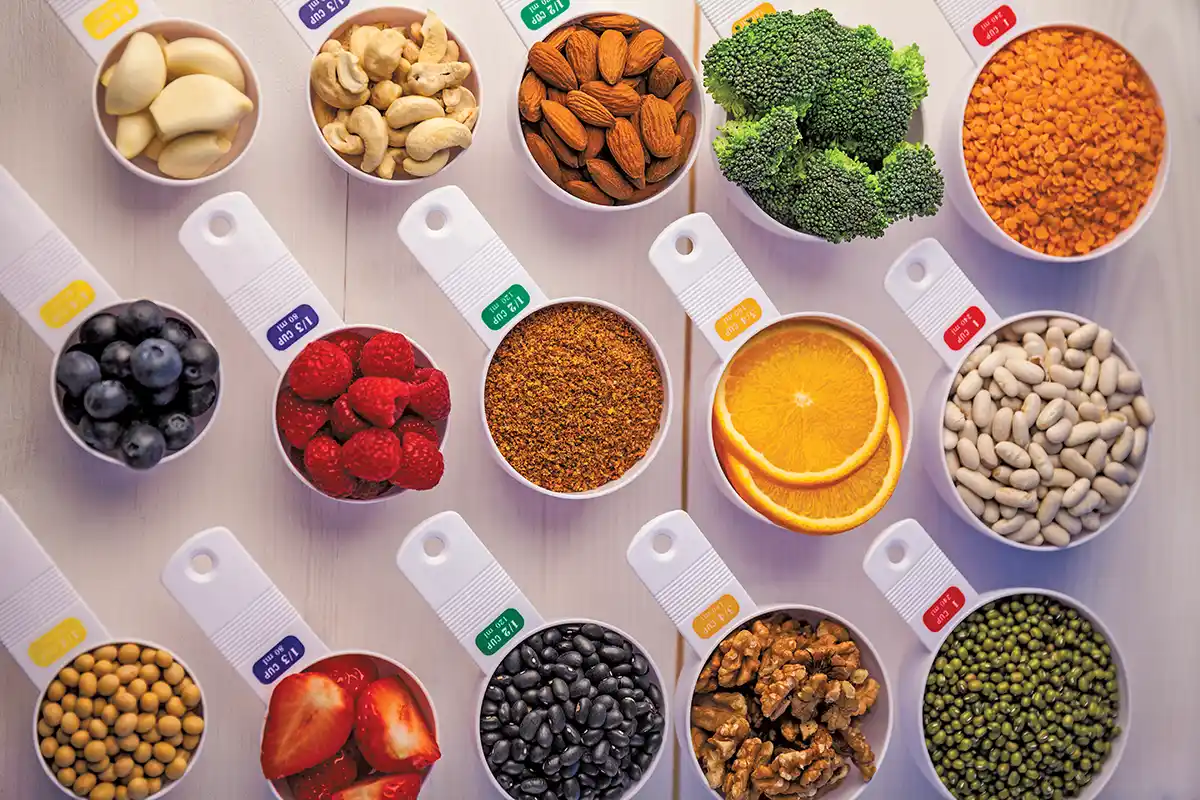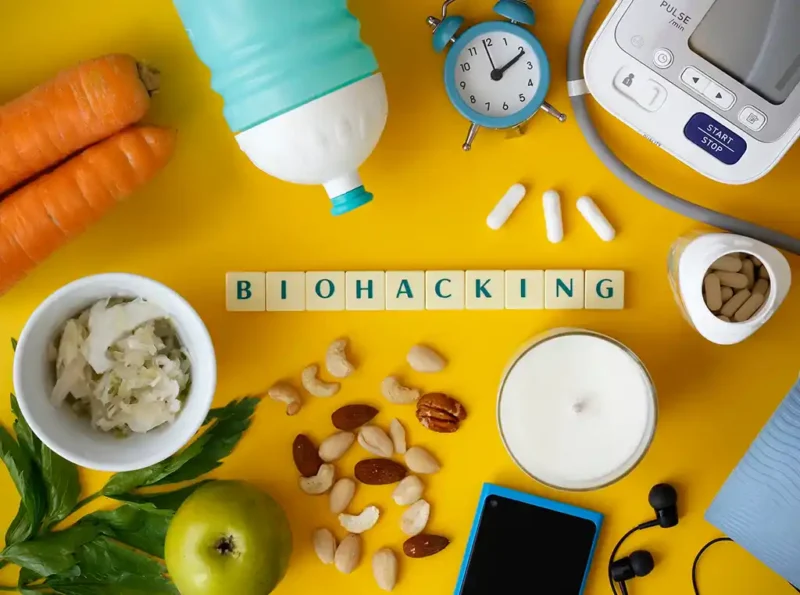Digestive issues don’t always need complicated solutions; they often need smarter ones. Between travel, stress, and rushed meals, our gut health takes a daily hit. Biohacking digestion isn’t about extremes; it’s about adjusting everyday habits in ways that actually help your body function better.
In this article, we’ll explore practical, real-life strategies that support better digestion, including posture tips, meal timing, and gentle supplements that promote regularity without harsh side effects.
Why Digestion Needs a Rethink in the First Place
You don’t need a lab coat or an IV drip of chlorophyll water to realize digestion isn’t what it used to be. Between 4PM Zoom calls and midnight snacks eaten hunched over your phone, most people aren’t giving their gut the rhythm or resources it needs to do its job well.
Modern life has nudged many of us into a near-constant state of sympathetic nervous system dominance, that’s fight-or-flight mode. It shuts down digestion to prioritize survival. Except the “threat” is a looming inbox, not a bear.
So, biohacking digestion in real life doesn’t mean extreme interventions. It means gently rewiring habits, timing, posture, food quality, and yes, sometimes using supplements designed to support the gut’s natural rhythm.
The Real Gut Disruptors You’re Probably Ignoring

Let’s get honest: most digestion struggles aren’t due to “bad genes” or mystery conditions. They’re from chronic low-grade lifestyle habits that throw off gut motility, enzyme production, or microbial balance. A few key offenders:
- Inconsistent meal times ─ Your digestive system loves routine. Skipping meals or constantly grazing confuses the signals.
- Posture ─ Eating slouched or working all day with poor posture compresses abdominal organs.
- Chronic low-grade dehydration ─ Even mild dehydration thickens intestinal contents, slowing motility.
- Stress and screen overload ─ The vagus nerve, our digestion dial, gets disrupted by too much screen time and not enough breathwork or movement.
And then there’s travel. One red-eye flight, a jetlagged body, hotel food, and suddenly, everything’s off. That’s where gentle support like LAXMORE comes in.
This plant-based formula LAXMORE was developed for people who travel often or have digestion disrupted by stress, schedule changes, or sluggish elimination. Unlike harsh laxatives, it supports regularity in a more adaptive, soothing way, ideal when your gut rhythm gets knocked off by life.
How the Gut-Brain Connection Affects Digestion Daily
Ever felt nauseous from anxiety? Or needed the bathroom before a big meeting? That’s your gut-brain axis doing exactly what it was wired to do.
The enteric nervous system—sometimes called the “second brain”—lines your GI tract and communicates with the brain constantly. So your thoughts, mood, and even sleep cycles all ripple through your digestive process.
Real-life biohacks to support this gut-brain balance:
- Slow breathing before meals ─ 60 seconds of nose breathing can switch your nervous system into a parasympathetic state, improving enzyme secretion and motility.
- Screen-free meals ─ Scrolling while eating diverts cognitive resources from digestion and increases air intake (hello, bloating).
- Short post-meal walks ─ Even a 10-minute walk improves gastric emptying and helps prevent that sluggish post-lunch crash.
These aren’t hard. They’re just not hyped. But they work.
Functional Foods That Actually Help

Biohacking is often mistaken for expensive powders and flashy drinks, but real gut-friendly foods are often simple, grounded, and cultural. Here’s what tends to work across the board:
- Fermented vegetables ─ Kimchi, sauerkraut, and pickled daikon provide live microbes and acids that assist digestion.
- Bitter greens before meals ─ Arugula, dandelion, or even lemon water help stimulate digestive juices.
- Fiber diversity ─ A mix of soluble and insoluble fibers keeps the gut microbiome robust and bowel movements regular.
- Spices ─ Cumin, ginger, fennel, and turmeric aren’t just for flavor. They reduce inflammation and improve digestion globally.
Note: If you’re someone who tends to bloat with these foods, it doesn’t mean they’re bad—it likely means your digestive enzymes or gut bacteria need support adjusting.
Daily Practices That Reboot Digestive Rhythms
Instead of overhauling your entire lifestyle overnight, pick one or two of these simple shifts to start. These small “hacks” are what make biohacking realistic—and sustainable.
- Eat on a schedule ─ You don’t have to be strict. Just aim for consistency. Your digestive enzymes are anticipatory; they work better when meals arrive at regular times.
- Move after meals ─ No need for cardio. Light walking after eating boosts insulin sensitivity, speeds digestion, and prevents that brick-in-the-stomach feeling.
- Time your hydration ─ Avoid chugging water during meals. Instead, hydrate between meals to help maintain proper stomach acid levels for digestion.
- Use your senses ─ Smell your food, chew thoroughly, and actually taste it. These “mindful eating” cues stimulate salivary and gastric secretions before the first bite.
- Upgrade your bathroom posture ─ Use a footstool to elevate your knees while sitting. This mimics a squat, which is the ideal angle for complete elimination.
When to Worry, and When to Just Simplify

If you’ve been biohacking your digestion for months with zero improvement, it’s worth checking for underlying issues: SIBO, food sensitivities, or thyroid imbalances.
But often, we just need to get out of our own way.
Simplify. Eat slower. Move more. Use tools like LAXMORE when needed, especially during travel or seasonal transitions. And remember: gut health is not about perfection, it’s about rhythm and resilience.
Final Thought
You don’t need a futuristic diet or 20 pills a day to biohack digestion. What you need is awareness of timing, triggers, movement, and mood. And the right tools, when life inevitably throws things off.
Because the best biohacks? They fit into real life, and real bodies.


